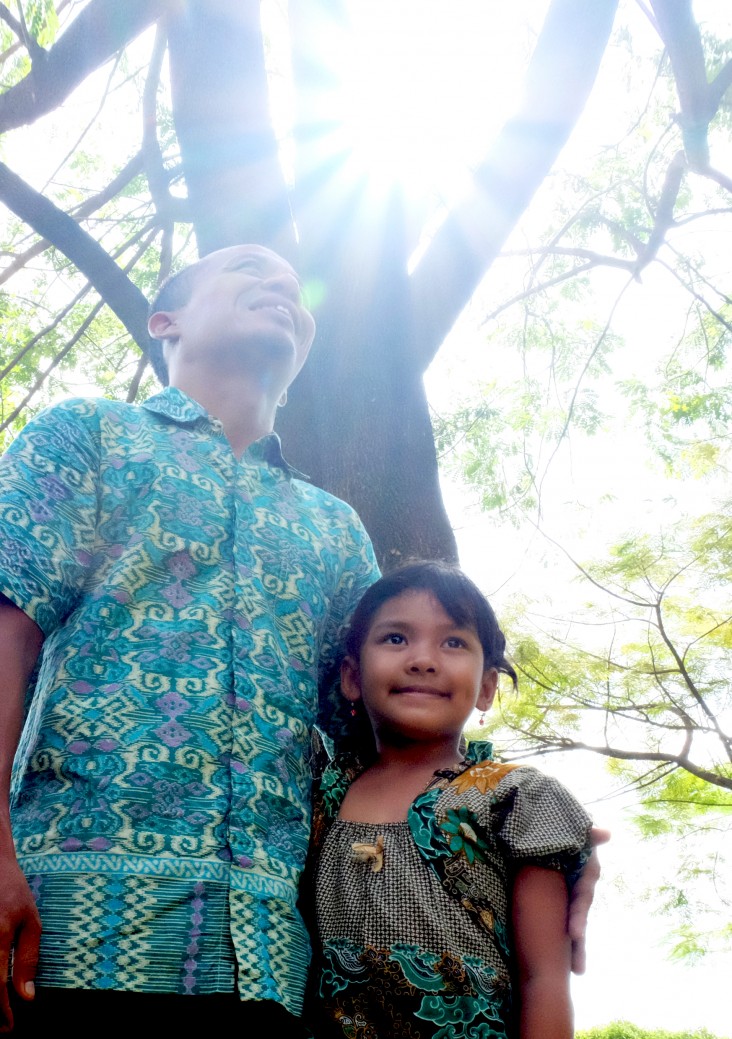
CHALLENGE
Although Indonesia has made remarkable progress over the last decade, Tuberculosis (TB) remains one of the top four causes of death in the country. In addition to the results of a recent prevalence survey which showed a much higher TB prevalence than previously estimated, an increase in Multi Drug Resistant TB (MDR-TB) cases, inadequate number of TB and MDR-TB case in public and private hospitals, and under-reporting in large hospitals and within the private sector pose significant challenges to the national program.
Robust investments are therefore needed for further engagement of private sector providers in order to find missing cases and close the gap in case detection. Moreover, access to quality services in urban and remote areas, especially for vulnerable population groups (e.g. children, slum area residents, diabetic patients, etc.) is still limited. Other challenges span across delivery services and include limitations in the quality of the laboratory network, specimen transport, low coverage of interventions for those who are co-infected with TB and HIV, low percentage of MDR-TB being detected, parallel systems for recording and reporting, lack of financial protections for patients undertaking lengthy treatments (especially for MDR-TB), and low levels of financing for TB by provincial and district governments.
INITIATIVE
Through a five-year (2015-2019) Challenge TB project, USAID collaborates with the Indonesia National TB Program (NTP) to provide technical leadership, make strategic choices, and ensure the highest impact with available resources to:
- Ensure Universal Access by integrating TB in the National Health Insurance (JKN/ Jaminan Kesehatan Nasional), and securing increased local government funding for TB;
- Increase case-detection and notification;
- Ensure the quality of care and treatment for TB, MDR-TB, and TB-HIV;
- Expand rapid diagnostic services;
- Strengthen Monitoring & Evaluation, surveillance, and operational research.
USAID also launched the Community Empowerment of People Against Tuberculosis (CEPAT) in program to support NTP objectives in mobilizing and empowering communities to take action and contribute to addressing TB issues in their areas. Under CEPAT, three grants were awarded to local non-government organizations (NGOs): Lembaga Nahdatul Ulama (LKNU), Jaringan Kesehatan/Kesehatan Masyarakat (JKM), and the Roman Catholic Diocese (RCD). The program is implemented in North Sumatra, West Sumatra, West Java, DKI Jakarta, East Java, Papua and West Papua provinces. The program focuses on increasing people’s awareness of TB prevention and early detection, as well as fostering and facilitating local commitment to the national program.
KEY RESULTS
Through Challenge TB, USAID collaboration with the Ministry of Health has resulted in the establishment of 35 multidrug-resistant tuberculosis referral hospitals in 32 provinces, effectively increasing the number of multidrug-resistant tuberculosis detection in the past four years.
Under CEPAT, USAID has trained more than 2,900 health cadres (volunteers) in six different provinces in Indonesia to act as TB agents to educate communities about TB prevention and control. As a result the number of case detection has increased by 20%.







Comment
Make a general inquiry or suggest an improvement.